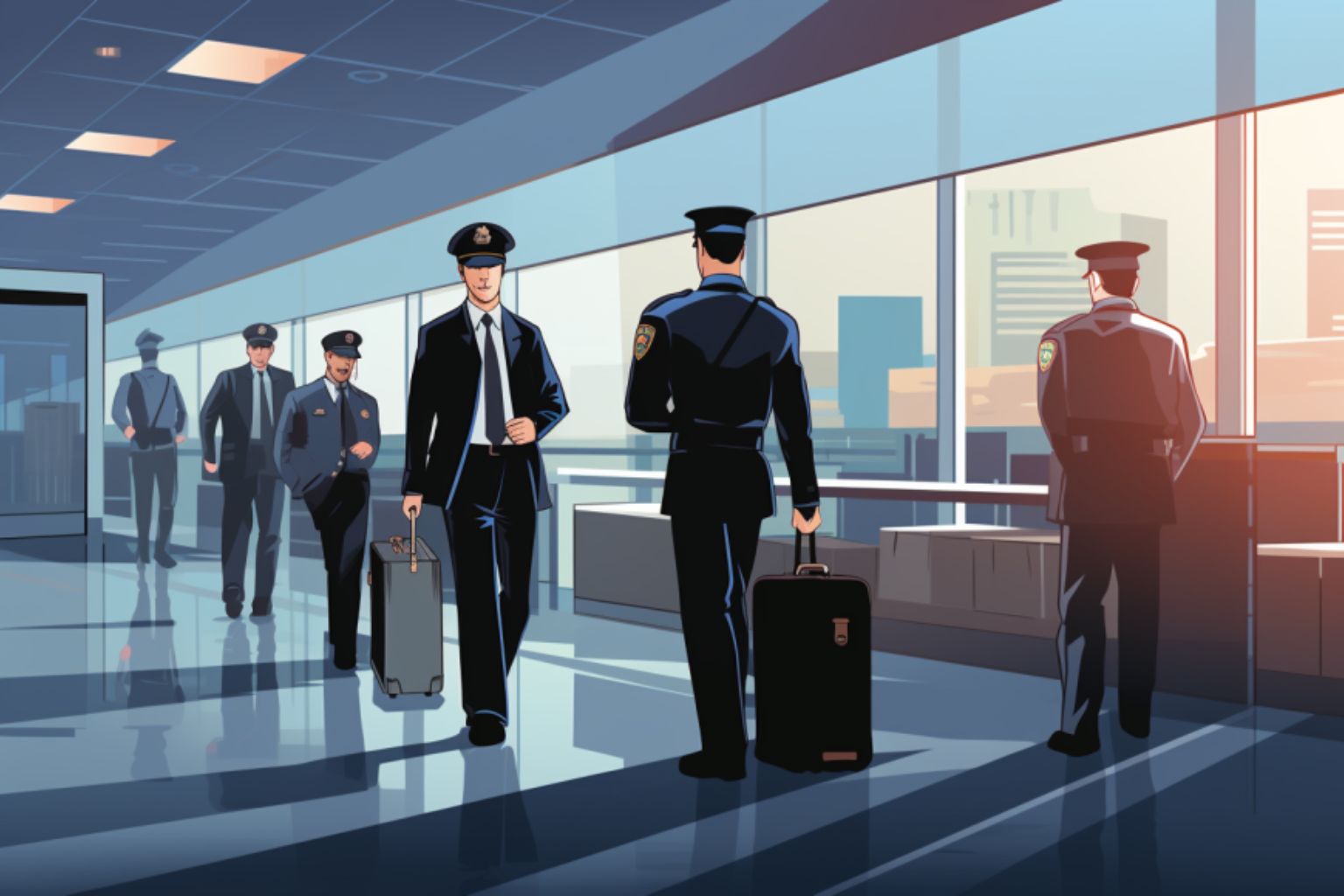I would have given anything to be a fly on the wall at the Gallup Organization last week after it released a poll that suggested more than half of all Americans believe the TSA is doing a “good” or “excellent” job.
The survey, which Gallup claims is self-funded and carries no ideological agenda, is sure to be used by the agency assigned to protect America’s transportation systems to defend its current practices.
But the fly on the wall would have probably seen another side of the story: The hand-wringing and consternation among Gallup’s pollsters, who darken the door of an airport every now and then. They must have known the results would be used to promote more of the nonsense we’ve seen since 2001.
They must have felt like unwitting accomplices.
TSA’s unconventional allies
Even though Gallup’s survey, and others like it, have been criticized, they haven’t been discredited. And because they haven’t been fully debunked, you can be sure the stats will emerge in a post on the TSA’s blog or in a letter to the editor from an agency apologist or in a Congressional report, in which the TSA requests additional funds to “secure” America’s borders.
The TSA relies on the work of unwitting accomplices like pollsters who ask irresponsible questions and tourists who offer uninformed answers to a survey. Without them, convincing the flying public that these allegedly unconstitutional airport searches are for their own good, would be considerably more difficult. And perhaps even, impossible.
But others are helping the TSA, too. Just last week, the White House pulled a petition that asked the president to require TSA to “follow the law.” If the petition had received 25,000 signatures, the administration would have been obligated to publicly respond. The petition was 9,000 signatures short when it was allowed to expire under what some observers call mysterious circumstances.
It’s easy to understand why the Obama administration wouldn’t want to make a public statement about the legal status of the TSA. The agency has repeatedly thumbed its nose at the rule of law, the courts and the constitution, say its critics. During an election year, there’s no up-side to saying anything.
The media’s role in TSA’s unchecked authority
Help also comes from the mainstream press, which often doesn’t see what the big deal is with an agency that scans, prods, pats-down and interrogates the people it’s supposed to protect. When TSA agents show up at NFL games and subway stations, reporters and editors don’t understand what the fuss is about. They may even believe that questioning the TSA is unpatriotic.
Mostly, though, it isn’t what they write and broadcast, but what they choose not to cover, that’s problematic. When an agency critic claims to have foiled the TSA’s controversial full-body scanners, it only takes a warning to get the press to back off.
Has anyone ever bothered to count the number of full-time journalists covering the TSA? I’ll wait here while you do the math.
Reflecting on the unseen contributors to TSA woes
We could spend all day pointing fingers, but as my grandmother used to say, when you point one finger there are at least three pointing back to you. See, Gallup’s disastrous poll didn’t happen in a vacuum; there were 1,014 adults, aged 18 and older, living in all 50 U.S. states and the District of Columbia, who helped the cause. (Here’s how to handle the TSA when you travel.)
Those of us who write about this deeply troubled agency found ourselves asking: Who are these people?
Now that I think about it, that’s not hard to answer. They are our neighbors, friends and relatives who get their information from the daily newspaper, the evening news, the mainstream news website. They are soothed by the words of a commander-in-chief who looks the other way while an entire federal agency flouts the law.
And obviously — and perhaps most importantly — they haven’t suffered at the hands of a TSA agent. Their rights and their dignity haven’t been violated. They haven’t been bullied, harassed, lied to, and haven’t had their personal belongings pilfered.
At least not yet.




